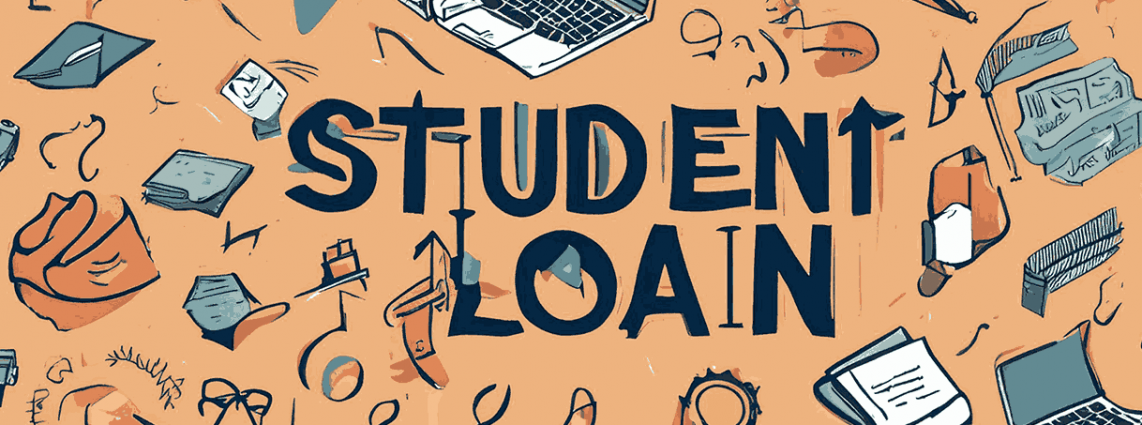Related Post

Are Customers turning completely to Social Media for Customer Service?
Category: Blog


Japan distributes over 8 million vacant homes to citizens at no cost!
Category: Blog




Over 44 million Americans carry student loan debt, primarily from federal loans issued by the U.S. Department of Education. While private lenders like banks and credit unions also offer loans, it’s crucial to understand the differences. Federal loans usually provide better terms and protections, so consider them first.
Several federal laws, including the Truth in Lending Act and the Consumer Financial Protection Act, safeguard your rights as a borrower. These laws ensure that lenders follow specific rules and provide protections for consumers.
This guide outlines the benefits available to student loan borrowers, options for those struggling with payments, circumstances for debt discharge, and rights when dealing with debt collectors, along with resources for further assistance.
Federal student loan borrowers can choose from various flexible repayment plans, including income-driven options that adjust payments based on earnings and offer forgiveness after 20 or 25 years. For temporary relief, borrowers can use forbearance or deferment to pause payments, although interest may still accrue. It’s best to keep these options short-term, and borrowers should reach out to their loan servicer for assistance in enrolling.
In contrast, private student loans typically offer fewer repayment options, and many don’t provide a grace period or income-driven plans. Some private lenders may offer forbearance or deferment, so borrowers should contact their lender directly to explore available options.
Certain situations allow for student loan forgiveness. Under the Public Service Loan Forgiveness program, federal borrowers working full-time for qualifying employers can have their loans forgiven after making 120 eligible payments under an approved plan.
The “borrower defense to loan repayment” program offers relief for loans based on fraudulent actions by a school, with claims filed at StudentAid.gov. Loans are also forgiven upon the borrower’s death or permanent disability.
For private loans, forgiveness may occur upon the borrower’s death, but co-signers are typically responsible for any remaining debt. However, for private loans taken after November 20, 2018, co-signers are released from obligation if the student borrower dies, as established by the Economic Growth, Regulatory Relief, and Consumer Protection Act.
If your student loan defaults and goes into collections, know that both federal and private debt collection is regulated by the Fair Debt Collection Practices Act. This law prohibits debt collectors from misleading or harassing you and requires them to validate the debt they are attempting to collect.
If you believe your rights are being violated, report the issue to a government agency, such as your state attorney general’s office, the Federal Trade Commission, or the Consumer Financial Protection Bureau.
If you’re facing issues with a federal student loan that you can’t resolve on your own or with your servicer, you have several options. One is to contact a student loan ombudsman, who can listen to your complaint, conduct research, and help identify solutions.
You can also reach out to consumer advocacy organizations like the National Consumer Law Center’s Student Loan Borrower Assistance Project or Harvard Law School’s Project on Predatory Student Lending. Additionally, consider contacting your state and federal elected officials, as they may assist in resolving your concerns.

Category: Blog


Category: Blog



Your Comment